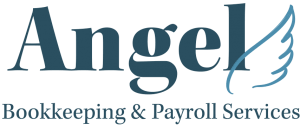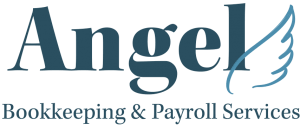What is PAYE and who is responsible for it?
The PAYE, or ‘Pay As You Earn’ scheme, came into effect in 1944. It changed the tax collection system from once or twice per year to weekly or monthly. This meant taxes could be deducted from source (by the employer) directly from the employees’ wages.
PAYE has been through a number of changes over the years, most significantly in 2000 when the process became fully automated. (Having been through a number of various other technological advances between 1954 and 1998.)
What is PAYE?
The Pay As You Earn scheme (PAYE) is HM Revenue and Customs’ (HMRC’s) system to collect Income Tax from a worker via their employer before they pay the employee’s wages or salary. They also use it for other deductions, such as National Insurance and Pension contributions.
How does PAYE work?
The amount of PAYE that needs to be paid is worked out based on the employee’s total annual wages. Any personal allowance they might be entitled to is also considered at this stage.
Contributions are collected weekly or monthly from the wages or salary, in line with the company’s usual payroll schedule. They are designed this way to ensure that the annual amounts to be paid are collected evenly throughout the year.
What is a Tax Code?
When a worker starts a new role within a new company, they are required to share their P45 from a previous employment. This will provide the new employer with a Tax Code. They use that code to determine how much Tax to deduct from the net pay under the PAYE scheme. (As well as pay and tax deducted in the year so far.)
If it is a first job, the employee is asked to complete an HMRC new starter checklist. This determines the correct Tax Code for them moving forwards.
Tax Codes are made up of two parts, a series of numbers and one or two letters. The numbers determine the amount of tax-free pay entitlement allowed during a tax year. The letters determine how the pay will be taxed. For example, if the Tax Code is 1257L, the employee is entitled to the standard personal allowance of £12,570 per year before starting to pay Income Tax.
Who is responsible for PAYE?
The main responsibility of PAYE lies with the employer. However, the employer may choose to outsource their PAYE and payroll responsibilities to a specialist. In that case, they will share responsibility for ensuring the PAYE process is adhered to on the employer’s behalf.
As the source of UK Tax Codes, there is also an obligation for HMRC. They must ensure that they provide the employee and/ or employer with accurate information.
As well as this, it’s a good idea for the employee to keep an eye on their weekly or monthly payslips. This will help to ensure that the Tax Code and PAYE responsibility is being met accurately. Occasionally, changes to pay or benefits can lead to errors.
How can we help with your PAYE responsibilities?
At Angel Bookkeeping and Payroll Service, we are specialists in PAYE and payroll. We can help you at any stage of your journey.
Whether you’re too busy to deal with it and want an expert to take it off your hands. Or if you are just starting out or simply hate dealing with the numbers, we’re here to support you.
Please call Aggie on 07867 129210 if you have any questions or if you’d like us to take care of your PAYE and payroll.

